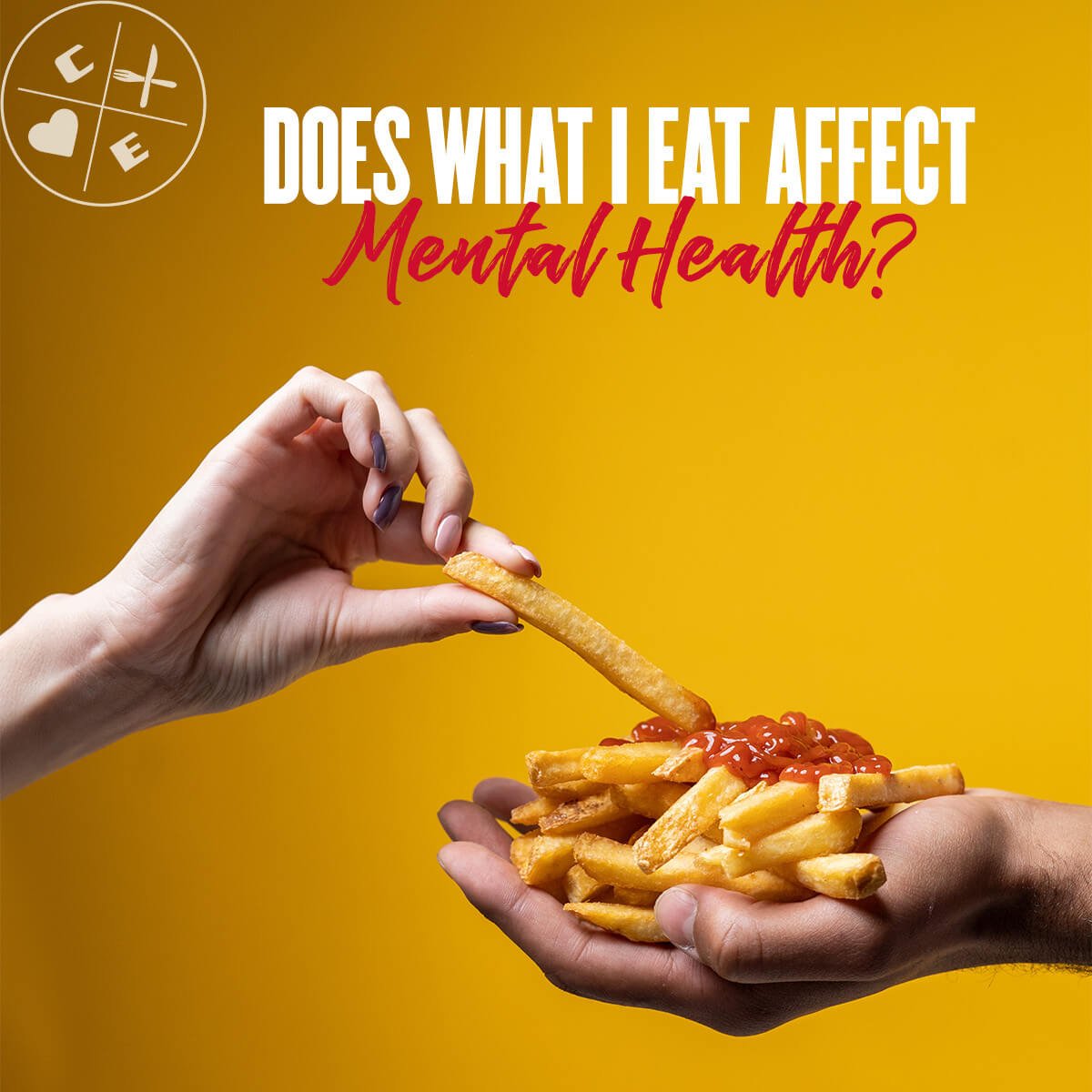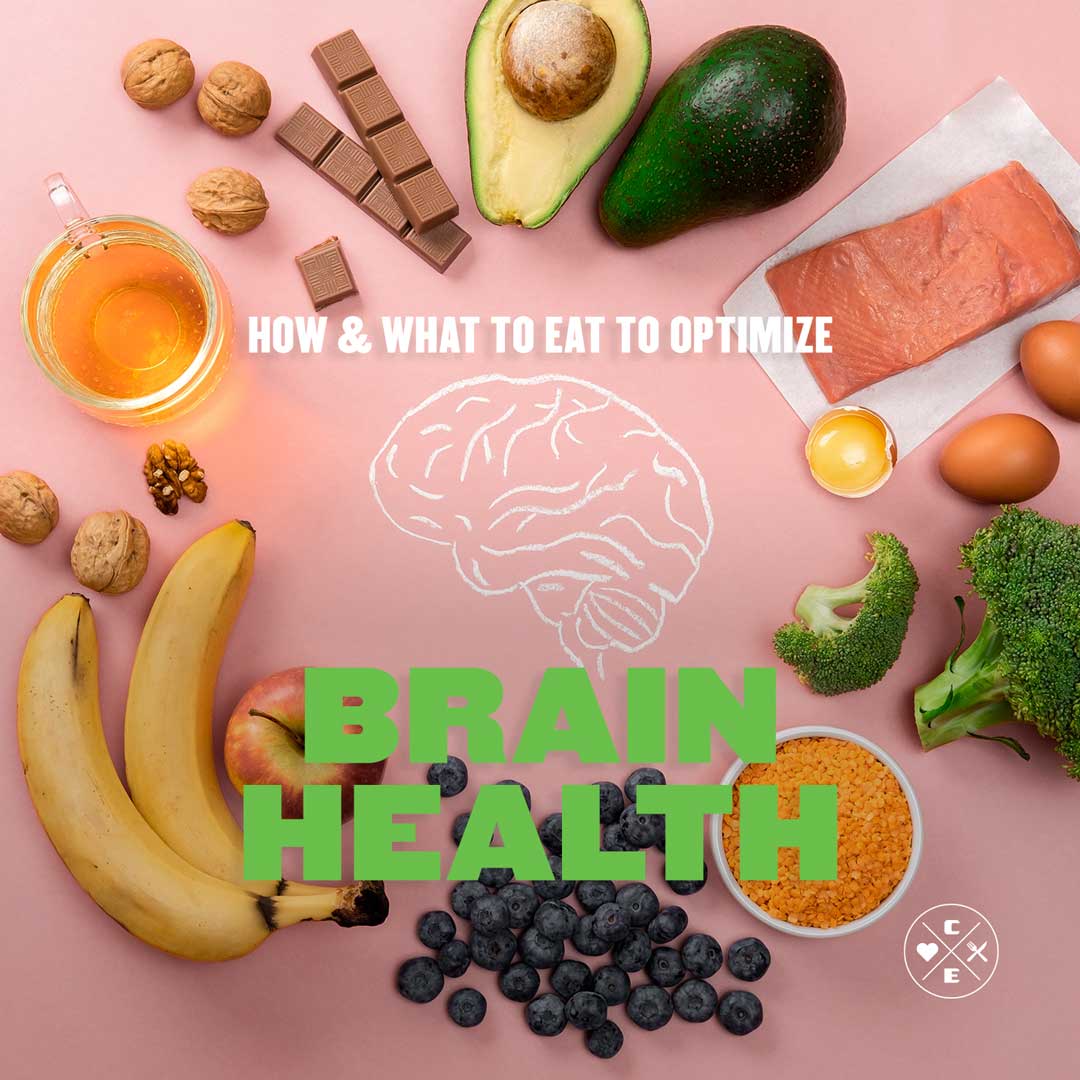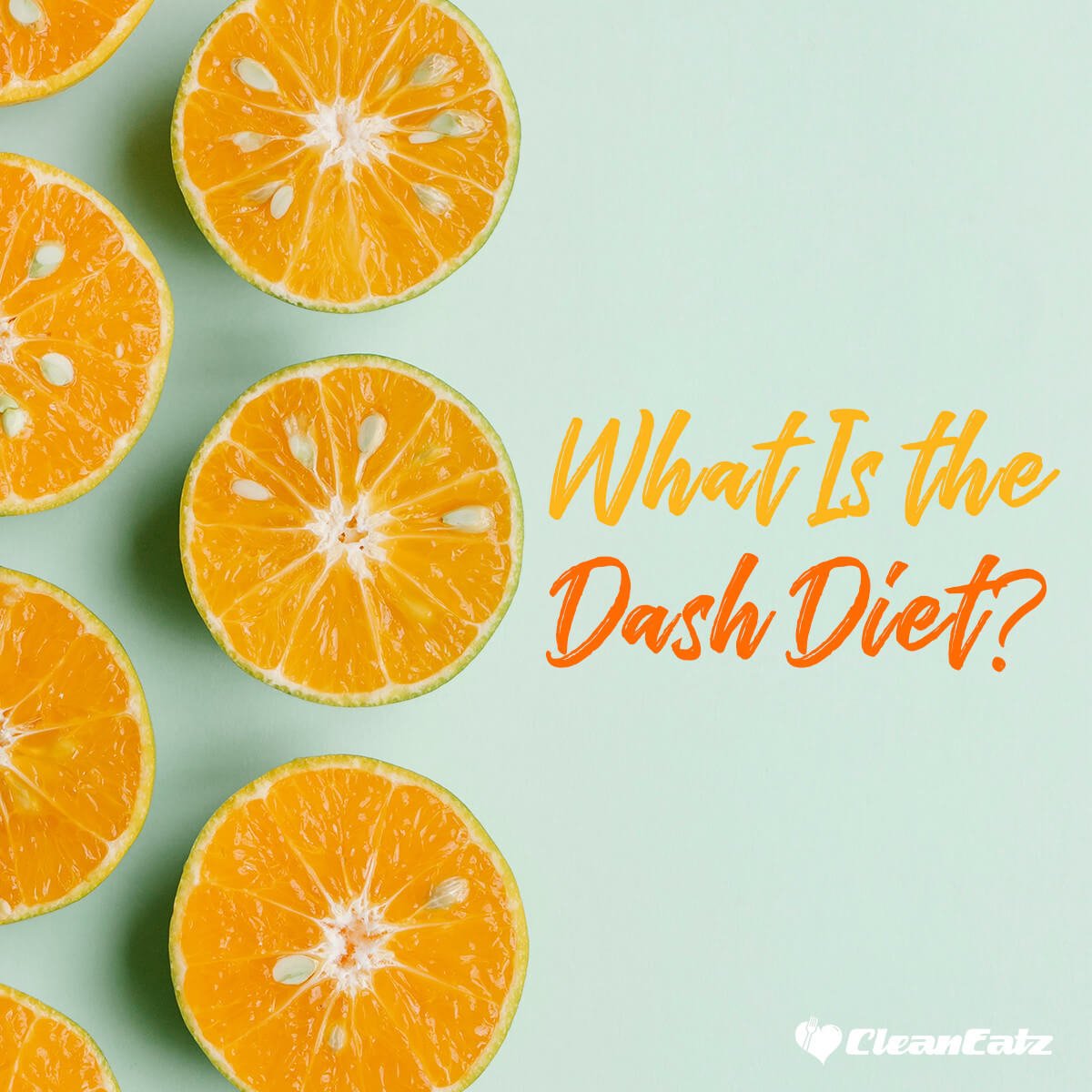
Does What I Eat Affect Mental Health?
Crystal Zabka-Belsky, MS, RDN, CSSD, LMNT, LDN
Nutrition
|
Healthy Lifestyle
|
Mental Health
5 minute read
I often get asked if food choices affect mental health. And the answer is yes! In most cases, it is the absence of adequate food intake and associated deficiencies that result in mental health compromise. Any kind of nutrition deficiency, whether macronutrients or micronutrients, can affect mental health. However, there are some nutrient deficiencies that research has consistently shown affect mental health to a greater extent. Though the knee jerk reaction is to run out and buy a supplement, these deficiencies can almost always be addressed by including whole food sources if these nutrients in the diet. The concept I have to stress most often is that the goal is not to incorporate mega-doses of these nutrients, but rather bring intake up to optimal levels.
Vitamin B
Let’s start with B-Vitamins. The biological functions of B-Vitamins that relate most to mental health include the production of neurotransmitters like serotonin and dopamine, the metabolism of carbohydrates into energy and the break down of amino acids. The absence of adequate B-Vitamins can compromise each of these mental health-related functions. The potential mental health benefits associated with correcting deficiencies of B-Vitamins include positively influencing mood and mental health status, contributing to increased sensations
of pleasure, and promoting optimal energy levels. Though water-soluble, it is still important that this vitamin be consumed from whole food sources before considering supplementation to promote optimal absorption and reduce the potential for excessive intake.
Food sources: Whole grains, eggs, beans, citrus fruit, avocado, meat, poultry, fish, fortified cereals, liver
Recent research: https://www.ncbi.nlm.nih.gov/pmc/articles/PMC6770181/
Magnesium
Next up is Magnesium. The roles that magnesium plays in mental health include helping to regulate the nervous system, with deficiencies resulting in symptoms such as agitation, anxiety, irritability, confusion, asthenia,
sleeplessness, headache, delirium, hallucinations & hyperexcitability. As you would expect, the eruption of these symptoms will undoubtedly have a negative effect on mental health. A transition from a deficient state to optimal levels is associated with reduced incidences of emotional dysregulation and major depression.
Food sources: Dark leafy greens, nuts & seeds, salmon, tuna, soybeans, avocado, banana, dark chocolate, brown rice, Greek yogurt
Recent research: https://pubmed.ncbi.nlm.nih.gov/16542786/
Omega-3s
Moving on to Omega-3s! These healthy fats, often found in the form of DHA or EPA, have been all the rave in recent years. They play a key role in enhancing the function of neurotransmitters like serotonin and dopamine, which are directly related to mood management and mental health. Incorporating Omega-3s into the diet, especially when correcting a deficient state commonly observed, can positively affect mood and enhance pleasure sensations. A meta-analysis reviewing research focused on mental health applications showed an overall beneficial effect of omega-3 polyunsaturated fatty acids on depression symptoms.
Food sources: Mackerel, salmon, oysters, flaxseed, chia seeds, walnuts, soybeans
Recent research: https://www.ncbi.nlm.nih.gov/pmc/articles/PMC6770181/
Vitamin C
Vitamin C is on deck! Intake of this vitamin is usually one extreme or another, resulting in excessive intake or a deficiency. Though water-soluble, this vitamin can easily be taken in excess with all of the supplements found on the market. The functions of Vitamin C that relate most closely to mental health include protection of cells, enhancement of immune function, iron absorption, and maintenance of cartilage, bones and teeth. Achieving adequate Vitamin C can be as simple as incorporating a couple of fruit or vegetable servings per day. Research shows a relationship between improved body performance secondary to Vitamin C status and reduced anxiety levels. In addition, enhanced immune function resulting in a reduced incidence of illness correlates to reduced mental health compromise as well.
Food sources: Citrus fruit, bell peppers, tomatoes, strawberries, broccoli
Recent research: https://www.ncbi.nlm.nih.gov/pmc/articles/PMC8783887/
Vitamin D
Moving on to Vitamin D, one of the vitamins receiving the most attention today. Being a fat-soluble vitamin, it is crucial that intake not exceed safe recommended levels to avoid symptoms of toxicity. The relationship that Vitamin D has with mental health is related to action on brain cells and stimulation of cell growth. The presence of Vitamin D in optimal levels normalizes the inflammatory process in the brain to reduce brain infections. Research has consistently shown that serum vitamin D levels are inversely correlated with clinical depression. Interestingly, ongoing research continues to explore the directionality of this correlation, meaning researchers are unsure what happens first- a Vitamin D deficiency or clinical depression. Regardless, however, ensuring that Vitamin D intake reaches optimal levels can reduce the presence of symptoms associated with clinical depression. As with other nutrients, whole food sources always the best choice. Prior to implementing a Vitamin D supplement, it is recommended to see your physician to complete bloodwork to assess levels.
Food sources: Salmon, liver, tuna, fortified orange juice, dairy-based foods
Recent research: https://www.ncbi.nlm.nih.gov/pmc/articles/PMC6970300/
Zinc
Last, but not least, is Zinc! This nutrient has long been associated with health promotion, but has recently gained more traction related to mental health applications. Zinc plays a role in maintaining mental
health stability, with reductions of zinc reserves resulting in increased glucocorticoids, reduced serotonin and
increased symptoms of depression. It is well-known that mental health will be compromised when serotonin levels start to drop. Achieving optimal zinc status is associated with reductions in symptoms of depression and psychosis. In addition, adequate zinc levels are associated with enhanced immunity and a reduced incidence of upper respiratory infections.
Food sources: Oysters, red meat, poultry, beans, nuts, crab, lobster, whole grains, fortified cereals
Recent research: https://www.ncbi.nlm.nih.gov/pmc/articles/PMC5492454/



